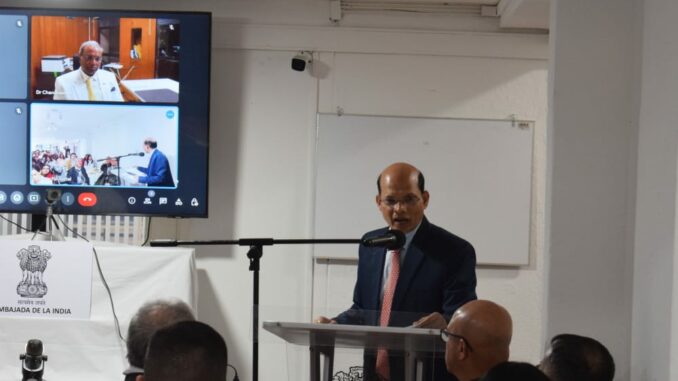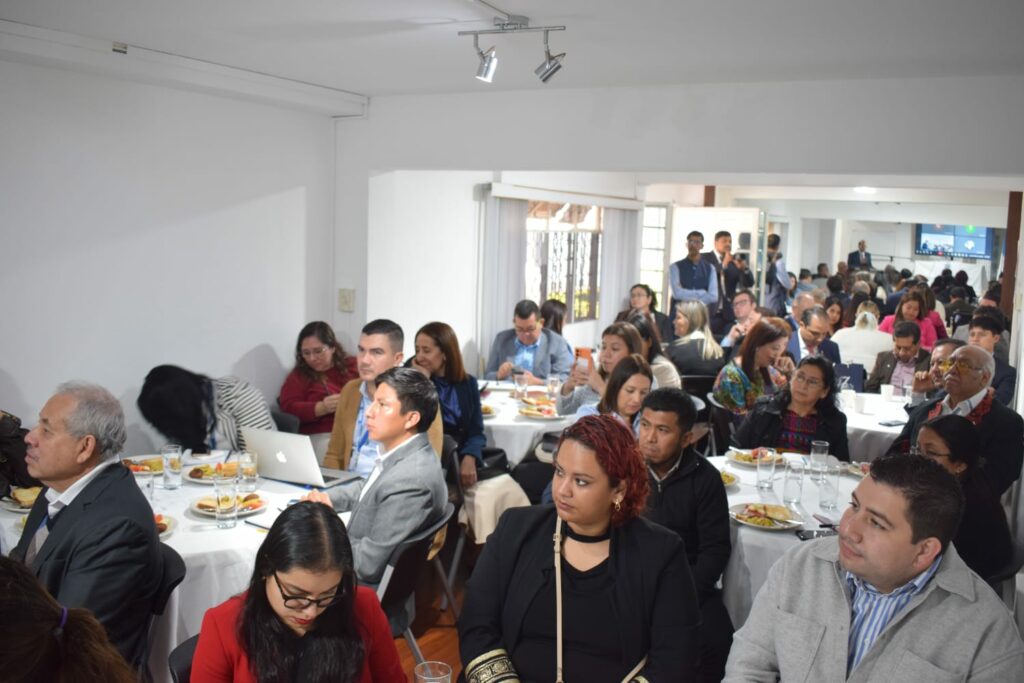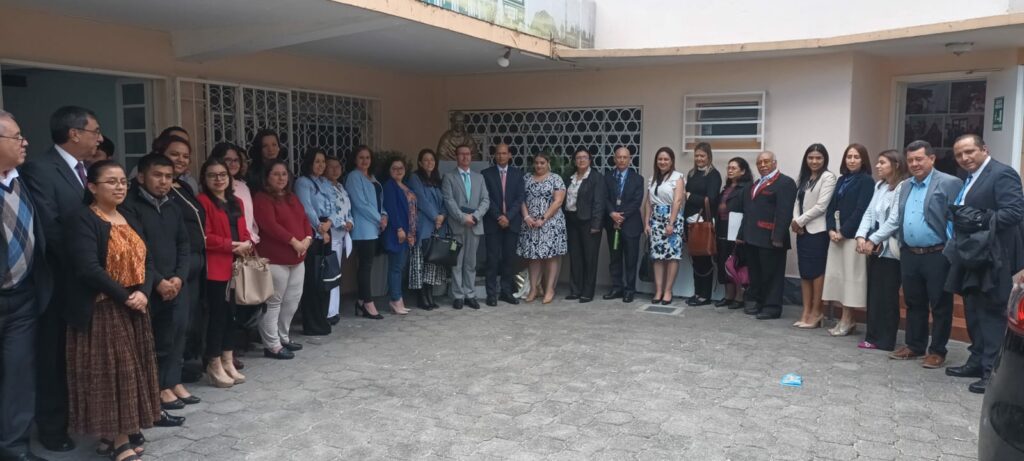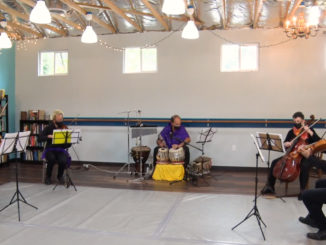
GUATEMALA CITY (TIP): The Embassy of India in Guatemala organized a seminar on January 17, 2024, centered around the theme “Leveraging the National Education Policy-2020 of India for Furthering Bilateral Educational Relations.” The event saw physical participation of approx. 50 esteemed dignitaries, educational leaders and academics from Guatemala with virtual presence from El Salvador and Honduras. The seminar was focused on highlighting India’s commitment to promoting international collaboration in education.
The National Education Policy (NEP) of 2020 in India marks a transformative shift in the country’s education landscape, emphasizing holistic and flexible learning. Its requirements include the restructuring of curriculum frameworks, promoting multi-disciplinary studies, and fostering critical thinking skills. The NEP aims to align education with the evolving needs of the 21st century, nurturing creativity, and encouraging a deeper understanding of subjects. Its importance lies in creating an inclusive and equitable educational system that addresses diverse learning needs. The success of the NEP is evident in its emphasis on skill development, flexibility in choosing subjects, and integrating technology into education. The Indian government committed to generate a well-educated populace contributes to economic growth, innovation, and global competitiveness. Moreover, the NEP enhances the appeal of Indian institutions, making them attractive to foreign students seeking a dynamic and forward-thinking educational environment. The emphasis on research, innovation, and global exposure positions India as an educational hub, fostering international collaboration and cultural exchange.

EdCIL (India) Limited plays a pivotal role in the successful implementation of the National Education Policy (NEP) in India. As a premier government-owned consultancy organization, EdCIL is actively engaged in providing expert guidance and support in various aspects of education policy execution. Its role spans from facilitating policy advocacy to aiding in the development of educational infrastructure. EdCIL contributes to the NEP by assisting in the formulation and execution of policies related to curriculum design, teacher training, and educational technology integration. The organization’s expertise in project management and educational consultancy is harnessed to ensure effective implementation at various levels of the education system. EdCIL’s commitment to fostering excellence in education aligns seamlessly with the objectives of the NEP, making it an instrumental partner in reshaping and revitalizing the Indian education landscape.
The Embassy of India assumes a crucial role in disseminating the National Education Policy (NEP) globally, underscoring India’s dedication to holistic and innovative education. To proficiently convey the transformative changes ushered in by the NEP, the embassy relies on the expertise of EdCIL (India) Limited. EdCIL’s extensive background in educational consultancy and project management positions it as a valuable collaborator in elucidating the fundamental features and advantages of the NEP to an international audience. Harnessing EdCIL’s support allows the embassy to effectively communicate information about the NEP, spotlighting its progressive strategies in curriculum design, teacher training, and technology integration. EdCIL’s assistance guarantees a thorough and accurate representation of the NEP’s goals, contributing to a nuanced understanding of India’s initiatives for educational reform on the global platform.

During the seminar, Dr. Manoj Kumar Mohapatra, the Ambassador of India to Guatemala in his welcome address, underscored the rapidly growing bilateral relations between India and Guatemala and the significance of leveraging India’s robust education system to strengthen bilateral relations. He extended a warm invitation to Guatemalan students to explore the diverse educational opportunities available in India. Mr. Manoj Kumar, Chairman & Managing Director (CMD) of EdCIL (India), presented the Opening Remarks, emphasizing the transformative aspects of India’s National Education Policy-2020. He highlighted the adaptability of the Indian education system to modern trends while maintaining its cultural roots. Mr. Kumar also discussed the collaborative efforts needed to enhance educational ties between the two nations. The President of CEPS – Council of Private Higher Education in Guatemala, M.A. Walter Ramiro Mazariegos Biolis, addressed the gathering, expressing his support for strengthened educational partnerships. President Biolis assured the collaboration of Guatemalan universities and academic institutions, as well as government bodies, to facilitate a seamless exchange of students and ideas between the two countries. Dr. B Chandrsekhar, Executive Director (ED) of EdCIL (India), delivered a comprehensive presentation highlighting the unique features of the Indian education system. Dr. Chandrsekhar discussed the emphasis on inclusivity, affordability, and quality in Indian education, making it an attractive option for international students. He encouraged collaboration in research and academic programs between Indian and Guatemalan institutions.
The Embassy will host a meeting involving the Rector of San Carlos University, Guatemala, and EdCIL in the first week of February 2024 to delve deeper into the potential impact of the National Education Policy on enhancing the education system in Guatemala. Embassy further extended an open invitation to foreign students, including those from Guatemala, El Salvador and Honduras, to explore the rich tapestry of educational opportunities in India, shaped by its ancient traditions and modern advancements. India welcomes students from around the world to embark on a transformative journey of learning and personal growth within its diverse and vibrant academic landscape.





Be the first to comment